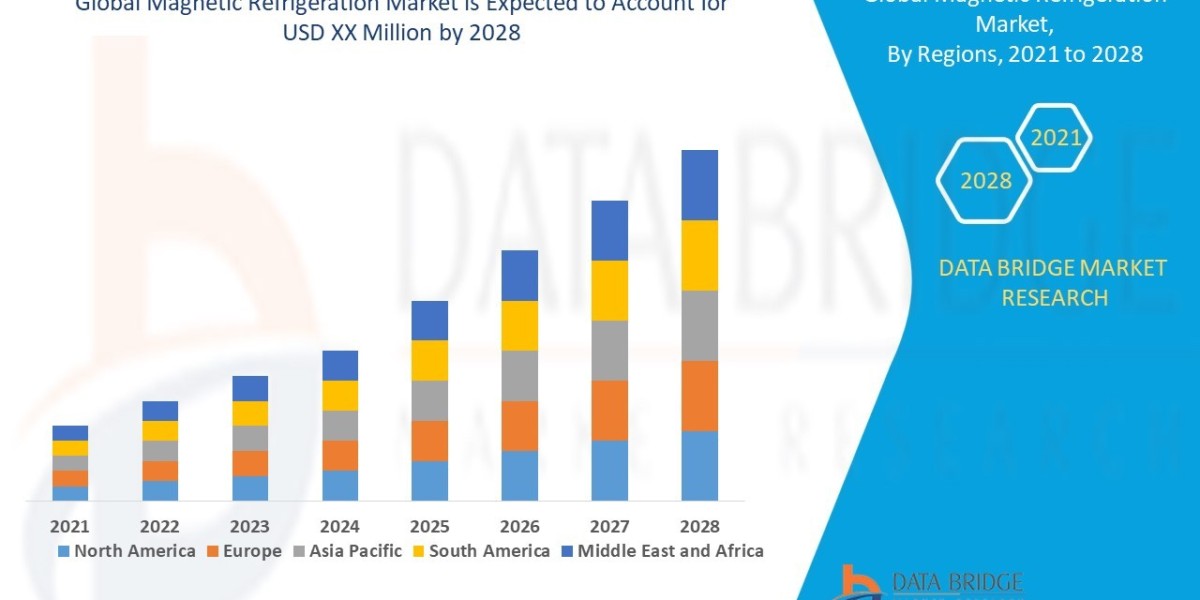Selling on Amazon through the Fulfillment by Amazon (FBA) program is an excellent way to reach millions of customers worldwide. However, a key factor that can determine your success is selecting the right supplier. A reliable supplier ensures consistent product quality, timely shipments, and compliance with Amazon’s requirements. This article explores the essential steps to finding and working with an Amazon FBA Supplier effectively.
Understanding the Role of an Amazon FBA Supplier
An Amazon FBA supplier is a manufacturer, wholesaler, or distributor who provides the products you sell on Amazon. They play a critical role in your supply chain by producing, packaging, and delivering items to Amazon's fulfillment centers. A dependable supplier ensures that you maintain inventory levels and meet Amazon’s strict performance standards.
Key Factors to Consider When Choosing a Supplier
Product Quality: High-quality products lead to better customer satisfaction and fewer returns. Request samples to assess the supplier’s quality before committing to large orders.
Reliability: Timely production and shipment are crucial for avoiding stockouts and maintaining a high seller rating. Check the supplier’s track record and reviews.
Pricing: Competitive pricing directly impacts your profit margins. Compare multiple suppliers to find the best balance between cost and quality.
Compliance: Ensure the supplier understands and complies with Amazon’s requirements for packaging, labeling, and product safety standards.
Communication: Clear and prompt communication is essential for resolving issues and aligning expectations. Look for suppliers who are responsive and transparent.
Types of Suppliers for Amazon FBA
Manufacturers: Ideal for private label sellers who want to create unique products. Manufacturers often offer better pricing for bulk orders.
Wholesalers: Suitable for reselling branded products. Wholesalers provide ready-made goods, which reduces production time.
Dropshipping Suppliers: A good option for those looking to minimize upfront investment. However, control over inventory and delivery timelines may be limited.
Where to Find Reliable Suppliers
- Online Marketplaces: Platforms like Alibaba, Global Sources, and ThomasNet connect you with manufacturers and wholesalers worldwide.
- Trade Shows: Events like the Canton Fair allow you to meet suppliers in person, evaluate products, and negotiate deals.
- Local Suppliers: Partnering with local suppliers can reduce shipping times and costs.
Building a Strong Relationship with Your Supplier
- Negotiate Terms: Discuss pricing, minimum order quantities, and payment terms upfront to avoid misunderstandings.
- Start Small: Begin with smaller orders to test the supplier’s reliability and product quality.
- Monitor Performance: Regularly evaluate the supplier’s performance in terms of quality, delivery timelines, and communication.
Common Challenges and How to Overcome Them
- Language Barriers: Use translation tools or hire a local agent to facilitate communication.
- Shipping Delays: Work with suppliers who have a proven track record of on-time deliveries and plan for buffer periods.
- Quality Issues: Implement a robust quality control process to ensure consistency.
Conclusion
Choosing the right Amazon FBA supplier is a critical step in building a successful e-commerce business. By focusing on quality, reliability, and effective communication, you can establish a strong partnership that supports your growth on Amazon. Take the time to research, evaluate, and build trust with your supplier to ensure a seamless and profitable experience.



